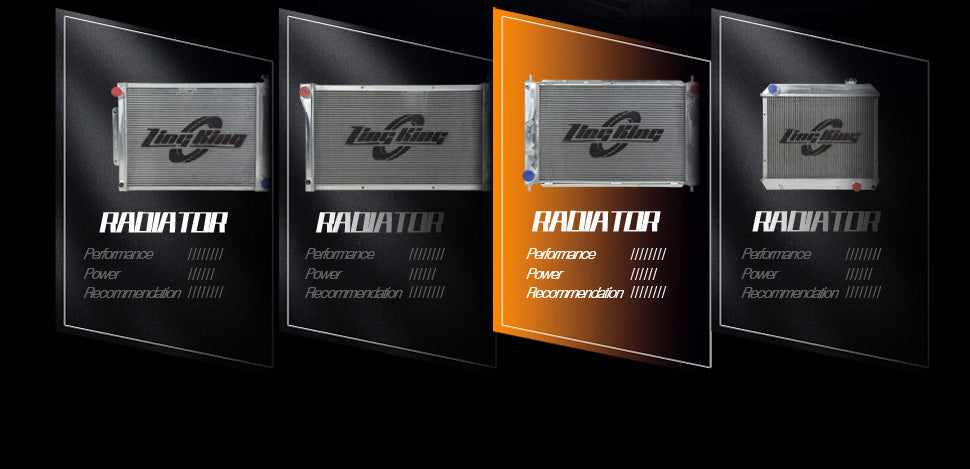
Noticias
The Ultimate Guide to Car Radiators: Why They Matter and How to Choose the Right One for Your Chevrolet, Jeep, or Ford
The Ultimate Guide to Car Radiators: Why They Matter and How to Choose the Right One for Your Chevrolet, Jeep, or Ford
Intro:
Your car radiator isn't just another metal box under the hood - it's the unsung hero keeping your engine from turning into a molten mess. At ZingKing, we specialize in high-performance radiators for Chevrolet, Jeep, and Ford vehicles. Let's explore why this critical component deserves your attention.
Section 1: What Does a Car Radiator Actually Do?
A car radiator acts as your engine's personal cooling system, circulating coolant through its aluminum or copper core to dissipate heat. Whether you're driving a Ford F-150 through city traffic or taking your Jeep Wrangler off-road, a properly functioning radiator:
- Maintains optimal engine temperature (195°F-220°F)
- Prevents costly overheating repairs
- Improves fuel efficiency by up to 15%
Section 2: 3 Warning Signs Your Car Radiator Needs Attention
1. Temperature Gauge Spikes: If your needle regularly hits the red zone, your radiator might be failing
2. Visible Leaks: Green/orange coolant puddles under your Chevrolet Silverado? Time for inspection
3. Discolored Coolant: Milky fluid indicates serious internal issues
Section 3: Choosing the Right Car Radiator
Not all radiators are created equal. Consider these factors:
- Vehicle-Specific Design: Our Ford Mustang radiators differ structurally from Jeep Grand Cherokee models
- Material Matters: Aircraft-grade aluminum radiators vs. traditional copper/brass
- OEM Compatibility: Direct-fit solutions for Chevrolet Tahoe, Ford Explorer, and Jeep Gladiator
Section 4: Pro Maintenance Tips
Extend your car radiator's lifespan with:
✅ Annual coolant flushes
✅ Monthly visual inspections
✅ Professional pressure tests every 30,000 miles
✅ Immediate repair of bent fins/obstructed airflow
